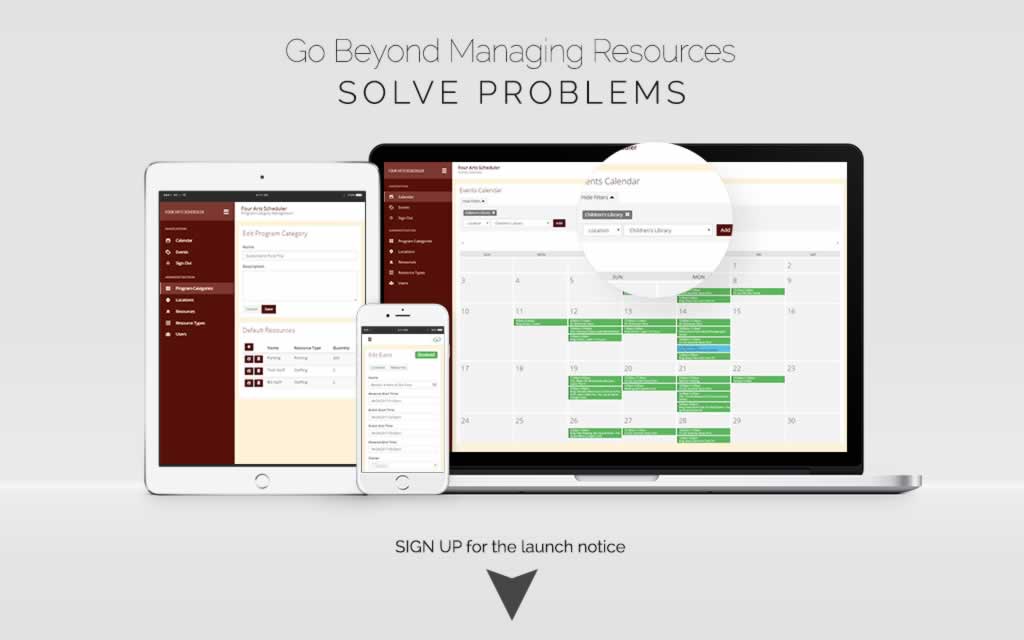I had the pleasure of receiving a fine email from an Adaptistration reader in Jacksonville, Florida who, in addition to being an artist, also serves as a board member on several chamber music and music education institutions.
She did a wonderful job at tackling several crucial issues currently plaguing the industry including:
- The Music Director mystique
- Why the traditional subscription mentality is strangling orchestras
- Programming for the new as well as the old is a key to saving classical music
Here’s what she had to say:
In 2001, following the 9/11 attack, I subscribed to the New York Philharmonic offering of “three or more”. This meant that I only had to subscribe for three concerts, and could add as many as I liked at the same price, throughout the season. As I lived in Florida, this was perfect. I could attend when I was certain to be in New York, and was not forced to attend when the orchestra decided. The subscription idea, understandably necessary to budget planning, needs to be more flexible for people such as I, and for busy people who live in the city where the orchestra performs.
In 2002-2004, I subscribed to the Philadelphia Orchestra, and gave them $1000 each season. I went there to experience the final season of Sawallisch, and the beginning of Eschenbach’s tenure. I loved the programming for those two years. It was my major reason, along with the artistic excellence of the conductors, for traveling from Florida for the concerts.
However, I feel that Philadelphia has squandered it’s wealth on silly PR and marketing tactics. Some of these have offended long-standing devotees of the orchestra. The plastering of Eschenbach’s face all over Philadelphia was tacky, his image hanging from banners, affixed to bus shelters, and to what avail?
This kind of PR attack hurts music in the long run because it equates stardom with excellence. An ecstatic concertgoer sitting next to me leaped up to applaud Eschenbach crying, “he’s such a star!” Eschenbach is an unusual and fine musician. That is what counts, and most of all, the quality of the music: not his “fame.”
I have not renewed my subscription to Philadelphia, because the fresh programming ideas of Eschenbach were scaled back to avoid offending the conservative Philadelphia audience. Another reason: because a Board member told me, when I questioned why they didn’t program their concerts so that travelers, such as I, could attend two different concerts in a week (as I could at the New York Philharmonic), “this is the way we do it in Philadelphia. It’s for Philadelphians.” Well, I hope he and others with similar attitude will take note: I took my $1000 contribution and my over $500’s worth of season tickets back to Florida, and I will leave Philadelphia to the Philadelphians, along with regret that Eschenbach’s promise, which I hoped he could keep: to promote, commission, and play new music, has little hope of being fulfilled, through no fault of his own. He deserves a more open-minded audience.
Finally, when I go to an orchestra concert, I want to hear the best of the past, the pieces which are not heard often, and the newest work. And to hear the newest more than once. Music and art of our time reflects who we are. We need to confront that reality, for good or bad.
Remember, this person isn’t a musician or a manager, but a true patron of the arts. It would be in all of our best interests to take a few moments and digest what she had to say.
Has anyone else out there had similar thoughts or experiences?


